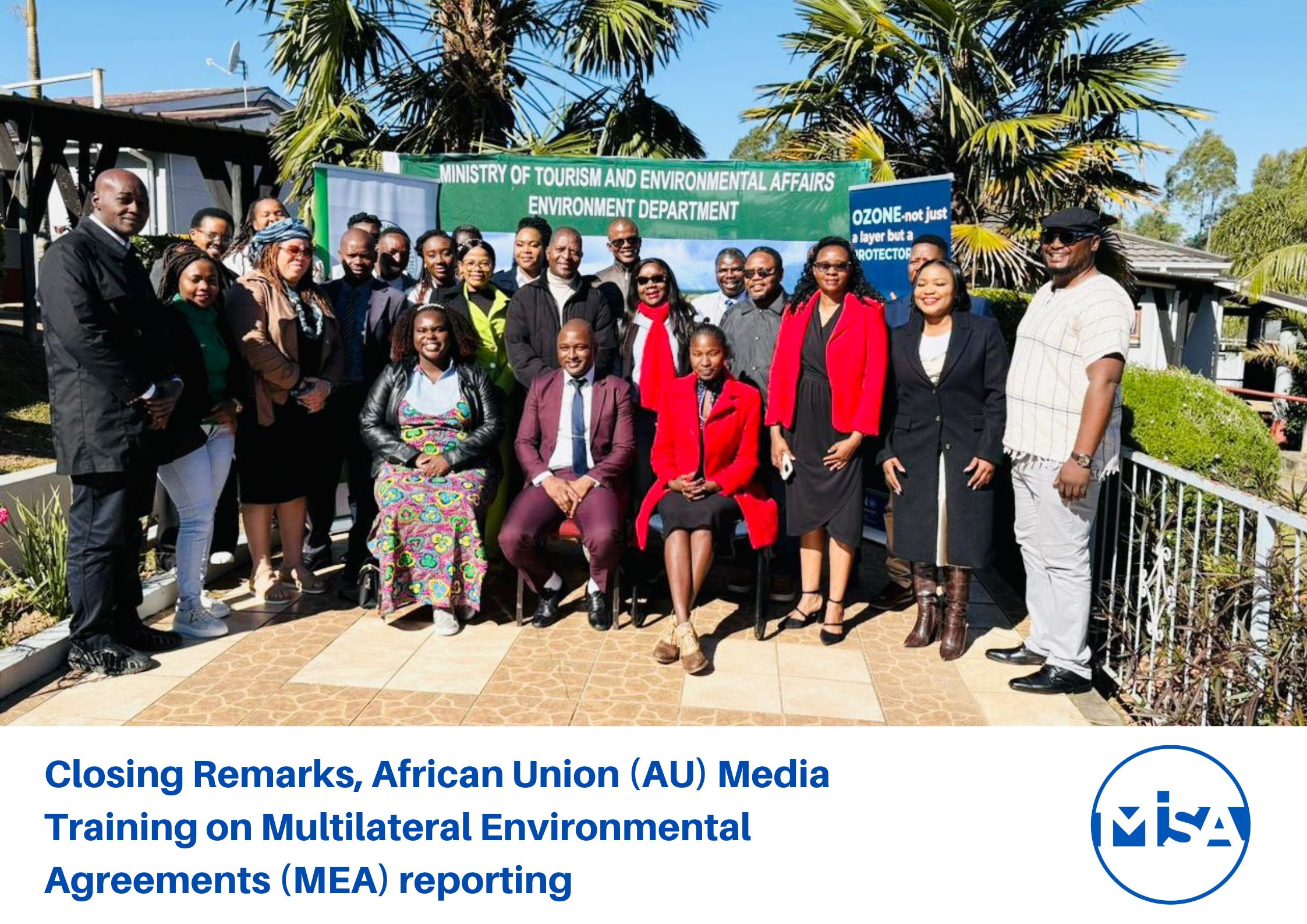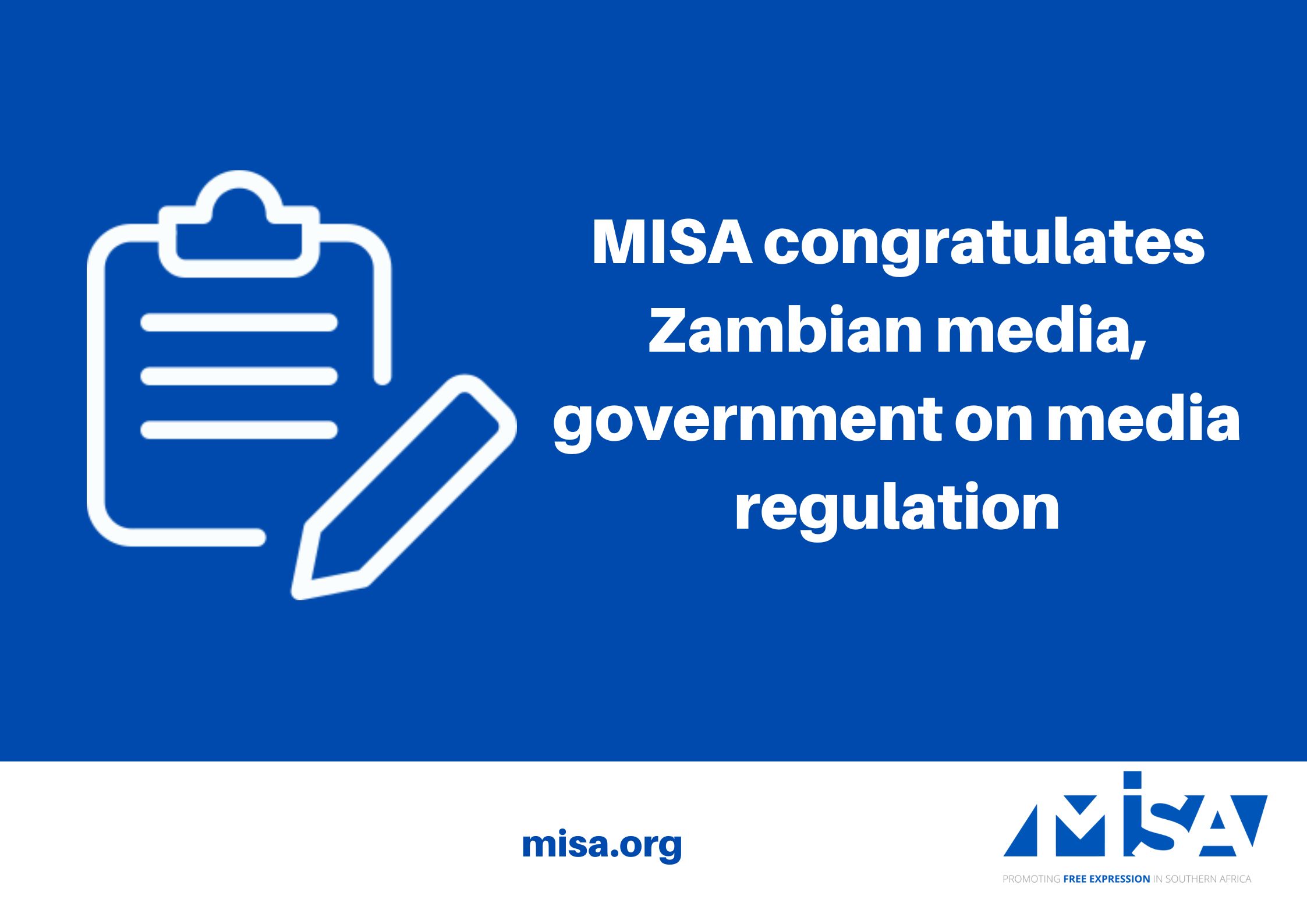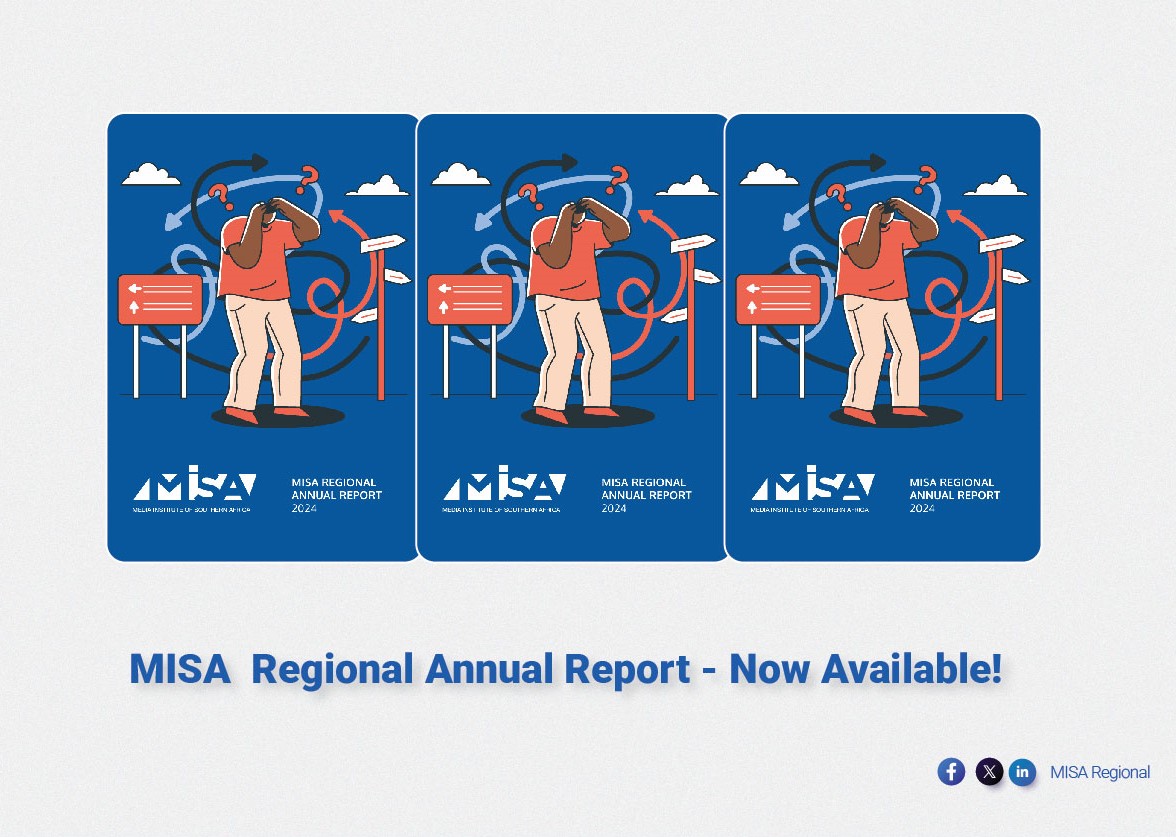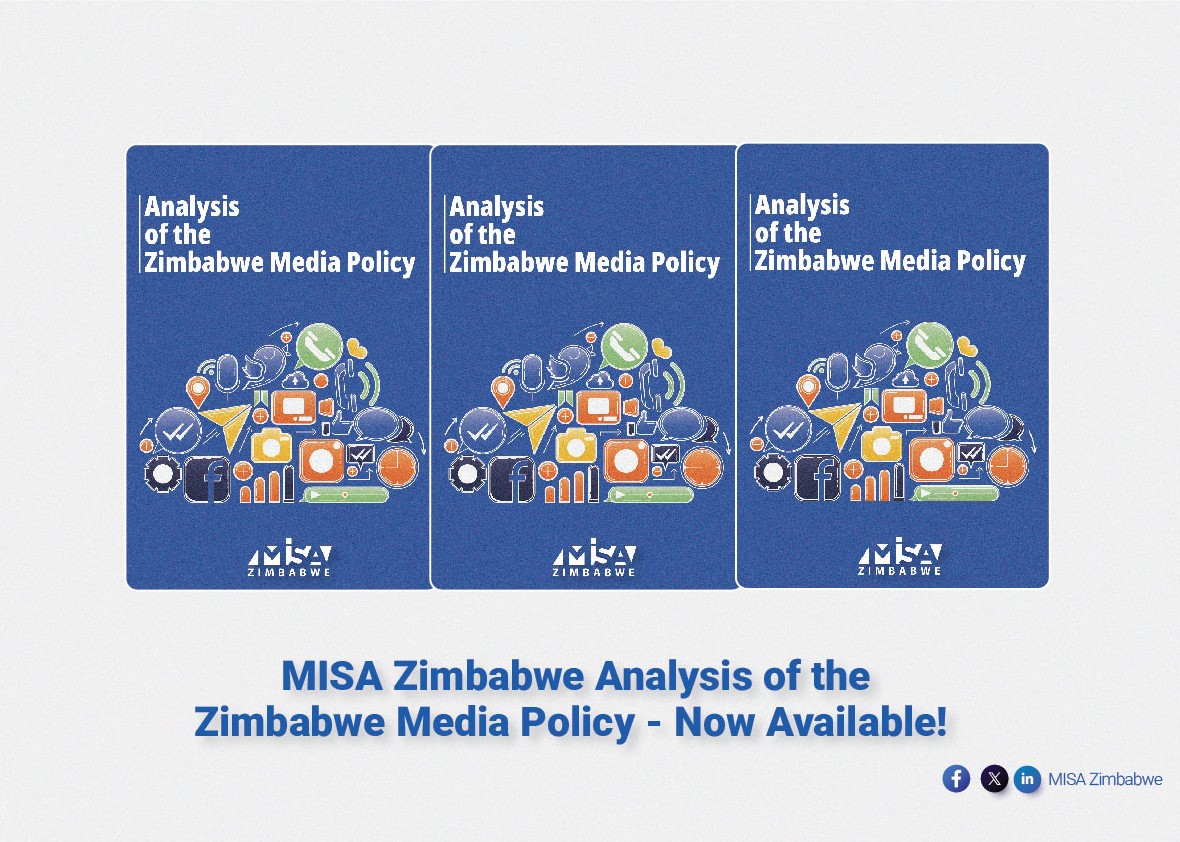By Bongani Ndlovu Chronicle Correspondent
Radio stations in Zimbabwe are not implementing the 75 percent local content requirement on all music they play as mandated by the law, the Broadcasting Authority of Zimbabwe (BAZ) admitted yesterday.
BAZ insists it has not been capacitated to monitor compliance. Only the ZBC’s Radio Zimbabwe and National FM have been found to be complying with the law, BAZ chief executive officer Obert Muganyura said. As Muganyura spoke, across the Limpopo, the South African Broadcasting Cooperation (SABC) announced on Wednesday that their 18 radio stations would broadcast 90 percent local content with immediate effect.
Back home, a majority of the country six national radio stations are playing mainly foreign content. The former Information, Media and Broadcasting Services Minister Professor Jonathan Moyo was assailed when he pushed through the 75 percent local content requirement, although he is now credited with spurring the rise of the “Urban Grooves/ZimDancehall” sound.
Now, Zimbabweans can choose from ZBC’s Spot FM, Power FM, Radio Zimbabwe and National FM; two commercial radio stations Star FM and ZiFM as well as two local radio stations Diamond FM in Mutare and YA FM in Zvishavane. The Broadcasting Services Act of 2000 imposes a 75 percent local content clause. The rest can be any other.
“Apart from Radio Zimbabwe and National FM, all of the radio stations are at varying degrees of noncompliance.,” said Muganyura.
“The law is the law and should be complied with and it’s a question of BAZ enforcing the law.
“We’re acquiring monitoring equipment through the digitalisation project currently underway. This will enable us to accurately measure the extent to which the radio stations are complying with the law. “If there’s any aspect of noncompliance, then those broadcasters will be penalised.”
The law imposes monetary penalties for non-compliance, but Muganyura says noone has been penalised to date. “There has been a challenge in the implementation of the monetary penalties because we don’t have the equipment. When that is fixed, then we can crack the whip on the noncompliant radio stations as we’ll have the data from the machines,” he told The Chronicle.
Comfort Mbofana, the general manager of the Zimpapers owned Star FM said the commercial station was always in touch with BAZ officials with regards to their conformity.
“From our interactions with BAZ, we’re quite within the law. We submit our log of the songs we play to them on a quarterly basis and they’ve not said anything,” said Mbofana. He said as a radio station, they contributed immensely to the rise of ZimDancehall.
“What has really shone for us is the rise of Zim Dancehall and as Star FM we’ve championed the rise of the genre and in that regard we can be seen by to have been compliant,” he added.
Source : The Chronicle. Zimbabwe









